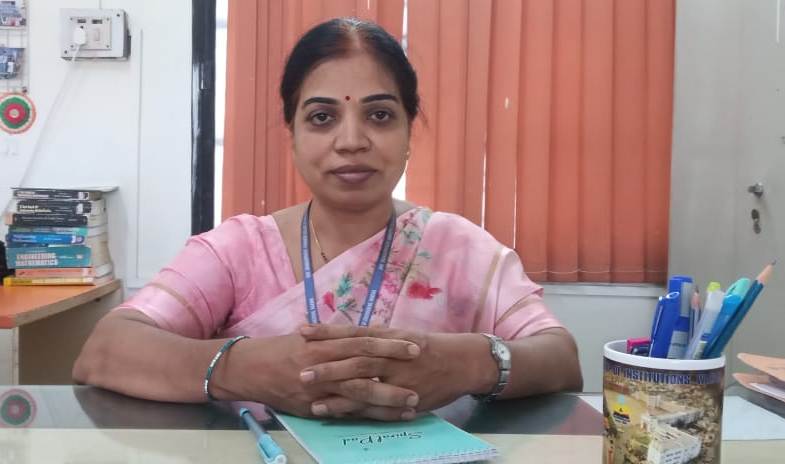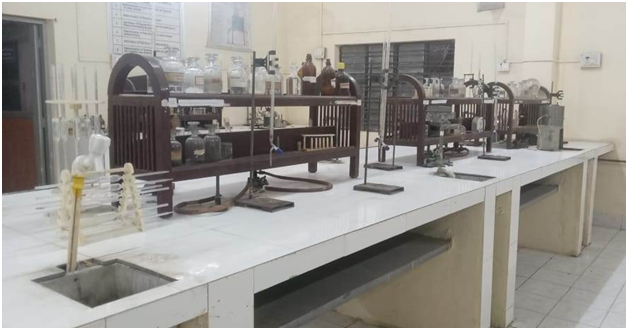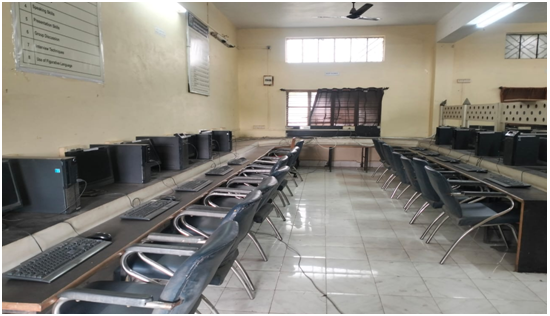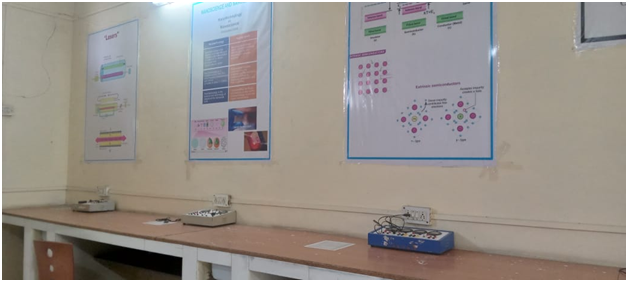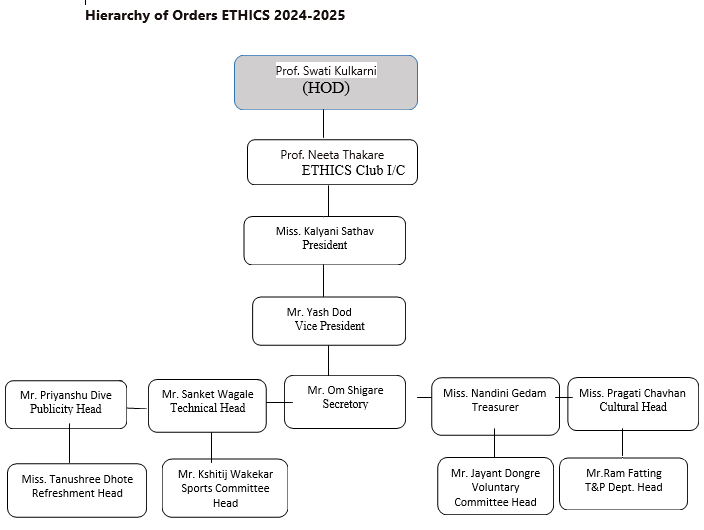About Department of Applied Science and Humanities
Objective-To stimulate curiosity among the students and make them understand the importance of Science and Technology which are the two faces of a coin. To provide the knowledge and understanding of latest developments in science so that the students can explore it for the development of Technology. To stimulate “Research Attitude” among the students and the staff so that they could be innovators and inventors of tomorrow. To develop research collaborations with leading institutions/ laboratories and work together towards betterment of the society.
Vision-The department of Applied Sciences & Humanities is committed to inculcate competence and proficiency in the students in the field of basic sciences, technology and personality development so that they can think critically & logically, communicate clearly, and live ethically. The department is dedicated to provide fundamental education through promoting research in diverse and interdisciplinary field
Mission-
Program Outcomes
PO 1
Engineering knowledge: Apply the knowledge of mathematics, science, engineering fundamentals, and an engineering specialization to the solution of complex engineering problems related to Computer Science and Engineering.
PO 2
Problem analysis: Identify, formulate, review research literature, and analyze complex engineering problems related to Computer Science and Engineering and reaching substantiated conclusions using first principles of mathematics, natural sciences, and engineering sciences.
PO 3
Design/development of solutions: Design solutions for complex engineering problems related to Computer Science and Engineering and design system components or processes that meet the specified needs with appropriate consideration for the public health and safety, and the cultural, societal, and environmental considerations
PO 4
Conduct investigations of complex problems: Use research based knowledge and research methods including design of experiments, analysis and interpretation of data, and synthesis of the information to provide valid conclusions.
PO 5
Modern tool usage: Create, select, and apply appropriate techniques, resources, and modern engineering and IT tools including prediction and modeling to complex engineering activities with an understanding of the limitations.
PO 6
The engineer and society: Apply reasoning informed by the contextual knowledge to assess societal, health, safety, legal and cultural issues and the consequent responsibilities relevant to the Computer Science and Engineering professional engineering practice
PO 7
Environment and sustainability: Understand the impact of the Computer Science and Engineering professional engineering solutions in societal and environmental contexts, and demonstrate the knowledge of, and need for sustainable development.
PO 8
Ethics: Apply ethical principles and commit to professional ethics and responsibilities and norms of the engineering practice.
PO 9
individual and team work: Function effectively as an individual, and as a member or leader in diverse teams, and in multidisciplinary settings.
PO 10
Communication: Communicate effectively on complex engineering activities with the engineering community and with society at large, such as, being able to comprehend and write effective reports and design documentation, make effective presentations, and give and receive clear instructions.
PO 11
Project management and finance: Demonstrate knowledge and understanding of the engineering and management principles and apply these to one's own work, as a member and leader in a team, to manage projects and in multidisciplinary environments.
PO 12
Life-long learning: Recognize the need for, and have the preparation and ability to engage in independent and life-long learning in the broadest context of technological change

